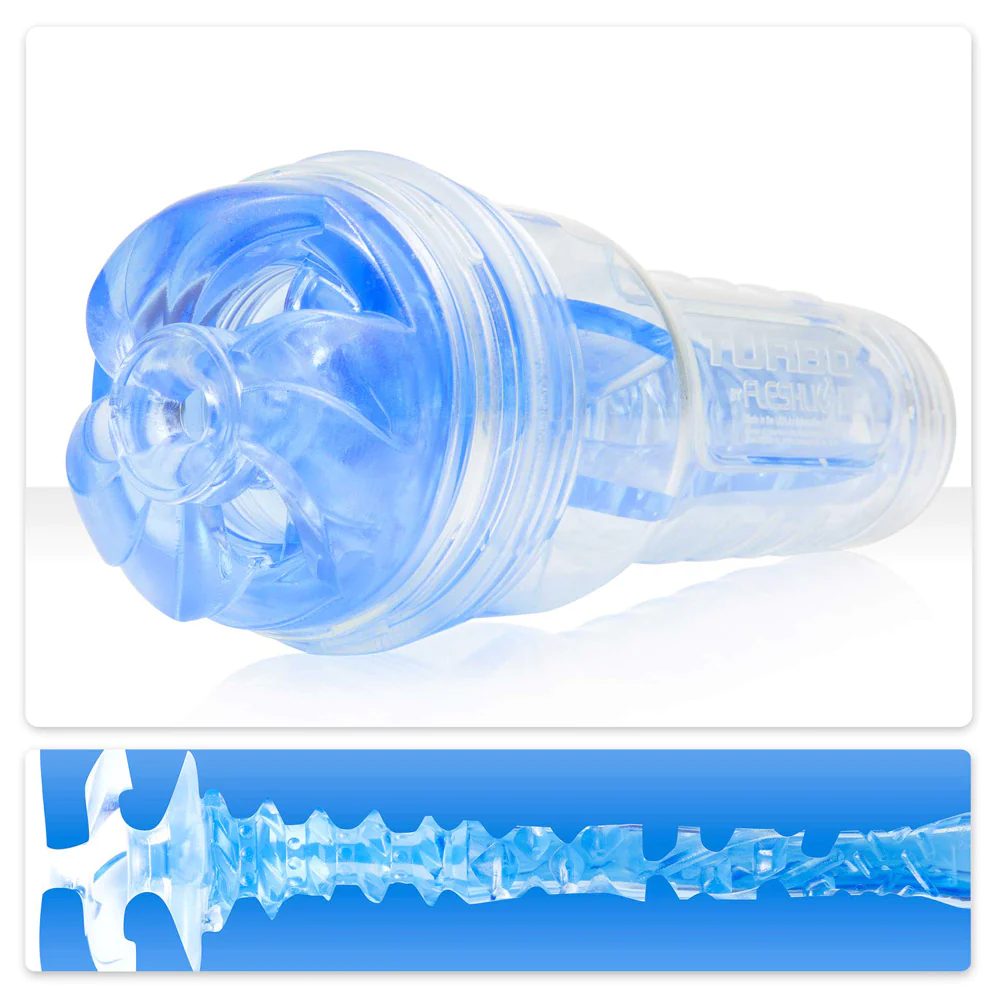Menopause is a stage of the human female reproductive cycle that occurs as the ovaries stop producing estrogen thus causing the reproductive system to gradually shut down.
At this time a female no longer gets menstrual flow and cannot conceive either.
Normally this occurs at an age between 45 to 50 years.                                                                                           In the years leading up to the last menstrual period called pre-menopause when the levels of reproductive hormones are already becoming lower and lower the effects of hormone withdrawal may be present.
Not that it is that bad but the effects and the changes that come with it tend to compromise the quality of life of some women
The most well-known of these is the hot flash which is a sudden temporary increase in body temperature.
Hot flashes can be so strong that they raise the body temperature multiple degrees in a very short period of time and this can cause the sufferer to feel weak and break out in heavy sweating.
Despite the discomfort to the woman, hot flashes are not considered harmful or life threatening. In most cases they can be treated to ease extreme discomfort using prescription medications such as hormone replacement therapy which helps to balance the hormones in the body.
Other common effects encountered during the menopausal period include mood changes, insomnia, fatigue, memory problems, night sweats, Migraine headache, vaginal Dryness, painful sexual intercourse, back, joint and muscle pain, Breast atrophy, rapid heartbeat and Psychological effects like Depression and/or anxiety, Irritability, problems with concentration and Sleep disturbances.
As woman’s reproductive hormone levels continue to drop and fluctuate for some time into post-menopause the hormone withdrawal symptoms that a woman may be experiencing do not necessarily stop right away, but may take quite some time, even several years, to disappear completely.
Menopause is a natural stage of life. It is not a disease or a disorder and therefore it does not automatically require any kind of medical treatment at all.
However, in those cases where the physical, mental, and emotional effects are strong enough that they significantly disrupt the everyday life of the woman experiencing them medical therapy may sometimes be appropriate and one should contact a qualified physician.
















